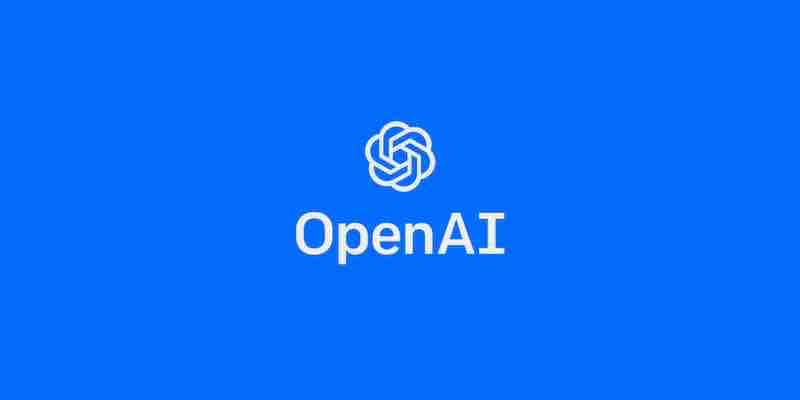ZenML: Revolutionizing AI Development with Open-Source Tools

ZenML, an open-source framework, is reshaping how companies approach AI model development. By focusing on building custom, smaller AI models instead of relying on large-scale APIs like OpenAI, ZenML offers a unique approach to machine learning (ML). It enables data scientists, machine learning, and platform engineers to collaborate and create AI models tailored to specific needs, reducing dependence on external API providers.
Founders Adam Probst and Hamza Tahir designed ZenML as a modular system adaptable to various circumstances, environments, and customer needs. It provides a simplified process for engineers entering the ML field, which they term MLOps – a blend of DevOps and ML.
Central to ZenML are pipelines, allowing users to run models locally or deploy them using open-source tools and managed cloud services. The framework integrates with tools like Airflow, Kubeflow, EC2, Vertex Pipelines, SageMaker, and ML tools from Hugging Face, MLflow, TensorFlow, and PyTorch. This integration creates a unified multi-vendor, multi-cloud experience.
ZenML’s framework, initially released on GitHub, has gained significant attention, amassing over 3,000 stars. It has been used in various industries, including e-commerce and medical image recognition, by clients like Rivian, Playtika, and Leroy Merlin.
The evolution of ZenML reflects a broader shift in the AI ecosystem. While large-scale AI models like those offered by OpenAI have their place, the trend is moving towards specialized, in-house models for specific use cases. These models are seen as more cost-effective and better suited to particular needs. OpenAI’s CEO, Sam Altman, acknowledges this trend, envisioning a hybrid future of AI development that includes broad and specialized models.
As regulations and ethical considerations around AI evolve, particularly in Europe, the focus is shifting towards AI models trained on specific data sets. ZenML’s approach aligns with this trend, offering a platform for developing more specialized, smaller models that are more efficient and affordable for companies.
For more detailed information, read the full article on TechCrunch.